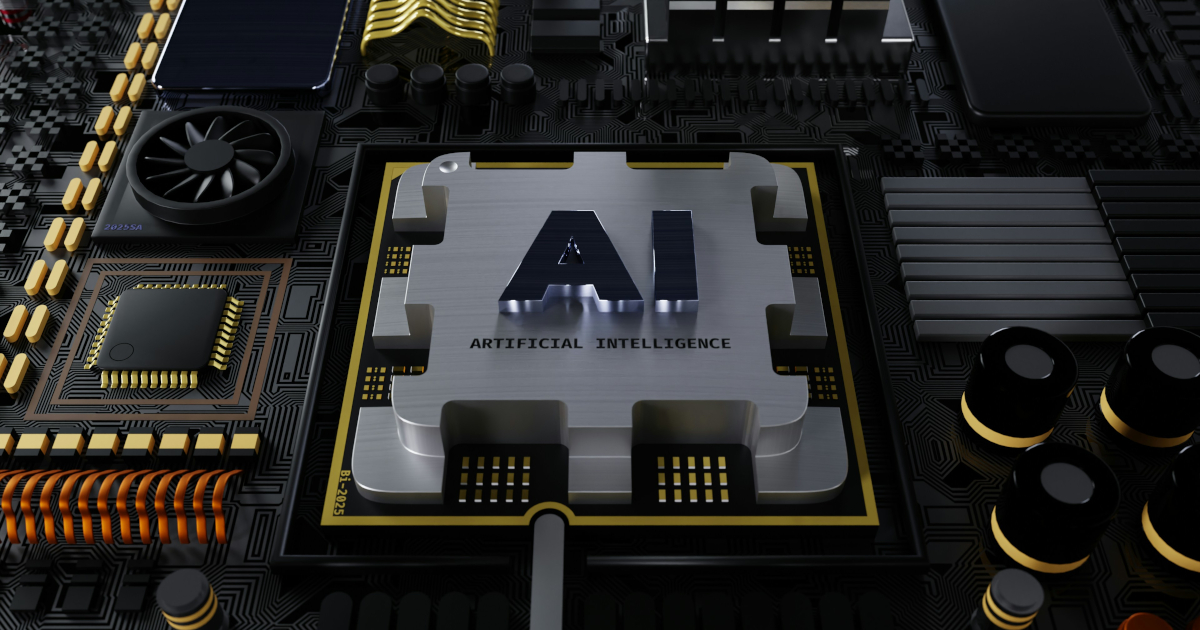AI and Robotics Integration Drives Market Expansion and Uplisting Opportunities

Summary
Full Article
The integration of artificial intelligence and robotics technologies is transforming global industries including logistics, manufacturing, and hospitality management. This technological convergence is creating significant growth opportunities for small-cap companies that are strategically positioning themselves through targeted acquisitions. These acquisitions are designed to enhance revenue streams, expand technological capabilities, and strengthen competitive positioning in rapidly evolving markets.
Nightfood Holdings Inc., operating as TechForce Robotics, exemplifies this strategic approach through its development of a portfolio that combines revenue-generating assets with AI-driven robotic technology specifically focused on the hospitality sector. The company has achieved annualized revenue exceeding $10 million with an estimated combined acquisition value of approximately $100 million, positioning it for potential exchange uplisting. This transition from over-the-counter markets to national exchanges represents more than just a status change—it provides companies with greater visibility and institutional access that can fuel accelerated growth and market expansion.
The broader industry context includes established players such as Hilton Worldwide Holdings Inc. in hospitality, Serve Robotics Inc. in robotic delivery services, and UiPath Inc. in enterprise automation, demonstrating the diverse applications of AI and robotics across sectors. The movement toward exchange uplisting enables emerging companies to scale their AI and robotics solutions more effectively while accessing the capital markets necessary for sustained growth and technological advancement.
This trend carries significant implications for investors, industry participants, and the global economy. The successful integration of AI and robotics technologies promises increased operational efficiency, reduced labor costs, and enhanced service delivery across multiple sectors. For the hospitality industry specifically, automation solutions can optimize everything from guest services to back-office operations, potentially revolutionizing how hotels and resorts operate. The broader adoption of these technologies may also create new job categories while transforming existing roles, requiring workforce adaptation and retraining initiatives.
The strategic focus on exchange readiness among AI and robotics companies indicates growing market maturity and investor confidence in automation technologies. As these companies transition to national exchanges, they gain access to larger investor bases and potentially higher valuations, which can accelerate research and development efforts and fuel further innovation. This progression from niche applications to mainstream adoption suggests that AI and robotics are moving beyond experimental phases into core business operations across multiple industries.
The continued expansion of AI and robotics applications across emerging markets represents a fundamental shift in how businesses approach operational efficiency and competitive advantage. Companies that successfully navigate this transition while maintaining strong revenue growth and technological innovation are positioned to become leaders in their respective sectors, potentially reshaping industry standards and consumer expectations regarding automation and artificial intelligence integration.

This story is based on an article that was registered on the blockchain. The original source content used for this article is located at InvestorBrandNetwork (IBN)
Article Control ID: 260865